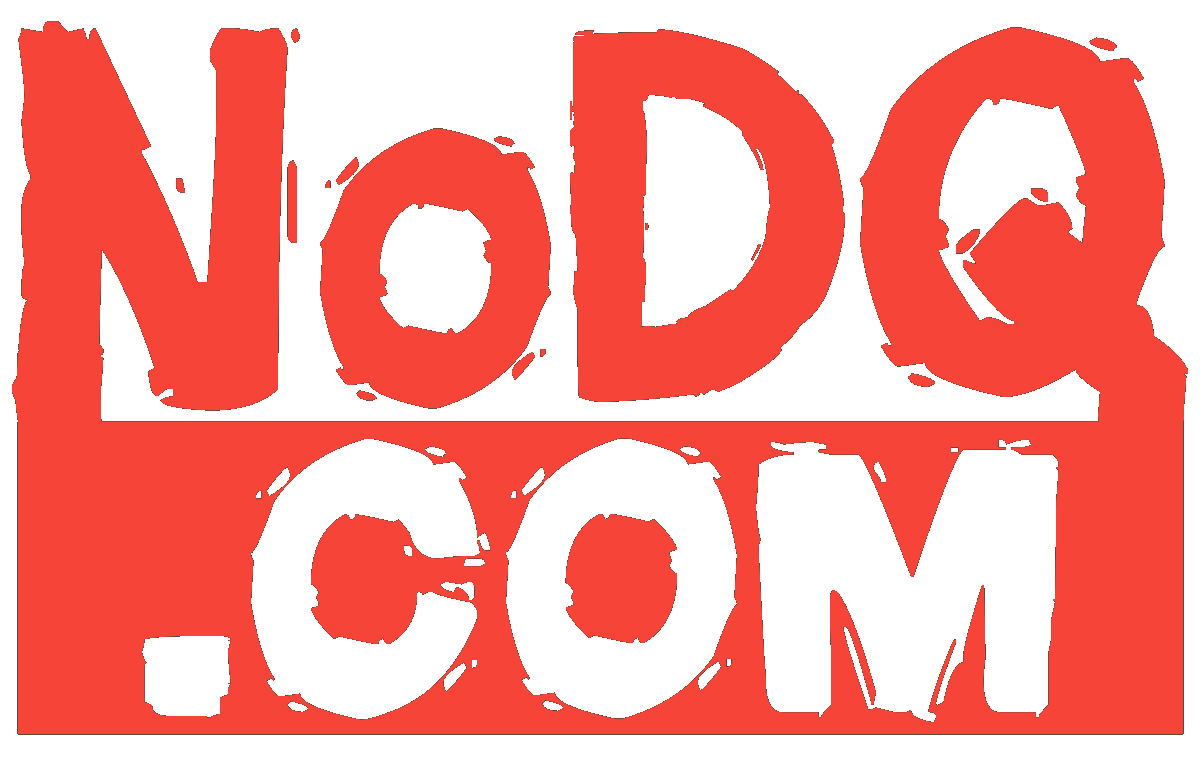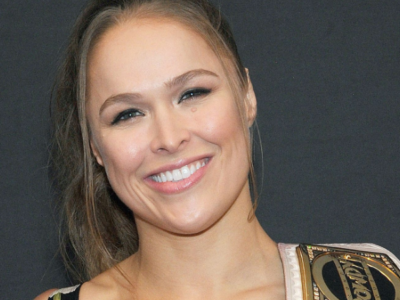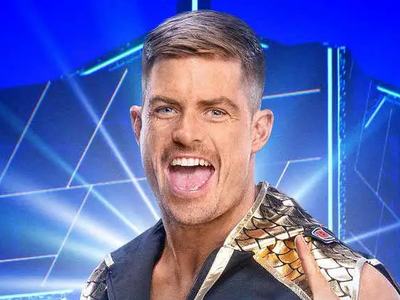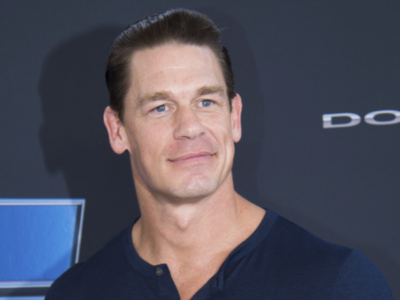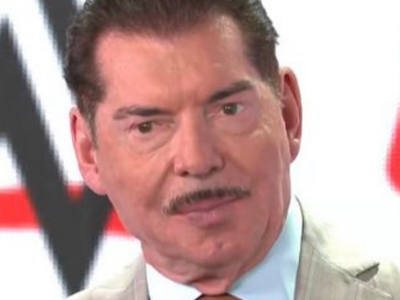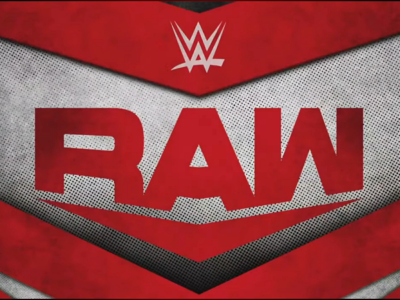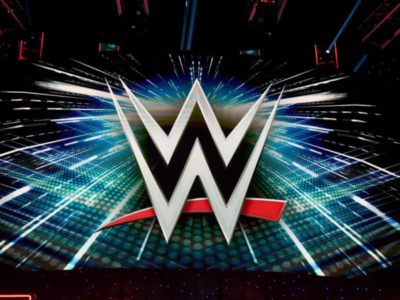Why Peacock is Censoring WWE Content
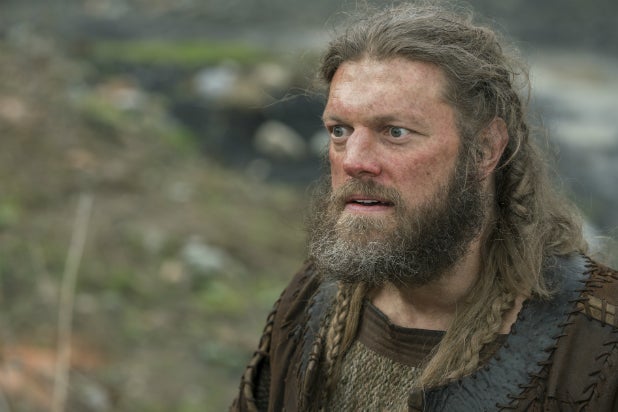
It’s me, it’s me, it’s JDB…
Over the past few weeks, wrestling fans have expressed outrage at Peacock streaming for removing past controversial content from the WWE Network. This comes on the heels of a profitable acquisition of WWE programming by NBC.
Most recently, WWE Legend Edge was quoted with the following during an interview with Sports Illustrated Media in regards to said censorship:
“So I think that’s a confusing thing with wrestling. For some reason it gets put into a different category than another production. I’ve never fully grasped that, but I don’t think anybody ever fully grasps where do you put it?” – Edge
So what’s the difference? Why is wrestling treated any different from an action film or swanky comedy? If gratuitous violence, racism, misogyny and a host of other taboo acts exist somewhere in the history of mainstream TV/film, why is professional wrestling somehow an exception?
Well there are a few main reasons for this, and the answer takes a bit to get to, but stick with me…
Parasocial Relationships
Whether we know it or not, fans have developed parasocial relationships with professional wrestlers.
The term ‘parasocial relationship’ was coined in 1956 by sociologists Donald Horton and Richard Wohl. In short, it means that viewers will come to feel that they know familiar television personalities almost as friends. While this relationship can develop with longstanding television characters, it becomes more prominent with professional wrestlers.
But why is that?
90’s flashback: Let’s take Gillian Anderson as an example of a gap between pro wrestling and film.
We know Gillian Anderson best for her role as Dana Scully in the X-Files. I’ll bet that many parasocial-like relationships were formed week-in and week-out revolving around her character on the show. But Gillian didn’t stop there. She is also recently well-known for her role as Margaret Thatcher in The Crown, Stella Gibson in The Fall, and as Media in American Gods.
She successfully stepped outside of her box as Dana Scully. However, professional wrestlers are rarely afforded that luxury. One may form a relationship with Dana Scully, but not so much with Stella Gibson.
However, if you’re a fan of Edge, you’ll always likely be a fan of Edge. There are no other roles that Adam Copeland is playing to latch on to in the wrestling universe. It will always be Edge.
Speaking of universes…
Separate Universes
Actors and actresses can exist in many different universes, but professional wrestlers only get to exist in one. What’s worse in this scenario is that the pro wrestling universe never ceases to exist unless a promotion formally shuts down.
So while Sean Waltman may have expressed regret about wearing blackface during an episode of Raw in the late 90s, it’s not only still attached to his persona, but still technically exists in the ongoing WWE canon.
Here’s another example:
-When Bayley turned heel last year, she didn’t change her name and temporarily go work for a different company — she merely had a different attitude. She was still Bayley, but with an edge.
-When Christian Bale finishing playing Patrick Bateman in American Psycho in 2000, he went onto other roles. He didn’t continue to play Patrick Bateman, or a version of Patrick Bateman, in other movies.
Pro wrestlers tend to play a version of themselves, and they stick with that version for most of their careers. It’s much harder to separate Pam Martinez from Bayley as it is Christian Bale from Patrick Bateman.
This is what separates pro wrestling from the world of film and television, and it’s quite amazing, actually. We are able to see a wrestler evolve through time into different versions of their personas; but at the end of the day, it’s always usually just one persona, and it’s loosely tied to their real-life character.
And this leads to the other reason why wrestling is looped into a “different” category…
Professional Wrestling is Presented as “Real”
Even if we all know it’s scripted, and even if many of us can suspend belief knowing it’s scripted; it’s not presented as such. The action on all wrestling shows are called as if it were really happening.
Furthermore, there are no edits or re-takes when it comes to live action. Your heroes are out there putting their bodies on the line with no stunt-person to step in. If you attend a live event, they are doing this right in front of you; not on a closed soundstage.
With some exceptions (Lucha Underground comes to mind), most wrestling universes still exist within the realm of a competitive sports organization. This is why we rarely see murder, crime, the supernatural, or eroticism play out on a weekly basis on Raw or Dynamite.
While this boundary has been pushed by the likes of Bray Wyatt and “Broken” Matt Hardy, we still understand that these wrestlers garner special circumstances, and in rare occasions. Something supernatural, or even a story straight out of Law & Order: SVU played out in a wrestling show is not the norm.
Storytime: Let’s say Seth Rollins accidentally MURDERS Cesaro at Wrestlemania, only for Cesaro to come back as a ghost to haunt Seth Rollins (who was controversially acquitted for manslaughter), and forces him into a Taipei deathmatch with Claudio Castagnoli (Cesaro’s long-lost twin brother).
Sounds a bit ridiculous, does it not?
Bring It Home
In summary, this is why these parasocial relationships are stronger with wrestling fans compared to television characters. When the product is presented as real, and there is rarely more than one persona to latch onto, it amplifies the actions taken by the character. When the action is presented as real, we are able to create a stronger bond as parasocial fans with our favorite wrestlers.
We can separate Edward Norton’s portrayal of a Nazi in American History X as one role he played in a single performance and nothing more. Norton has had dozens of other roles in a single performance, and we know he’s not a White Supremacist. However, Sean Waltman has portrayed X-Pac/Syxx for well over 20 years in continuous multiple performances. This creates an imbalance when one tries to refer to wrestlers simply as “performers”.
When these wrestlers exist as an ongoing persona in an ongoing canonical universe, accountability must be taken for past actions. It’s much harder to separate the performer from the role in a wrestling universe.
tl;dr
And this is why Peacock is censoring out controversial content. It’s not just for corporate responsibility in an era where racial insensitivity and misogyny is being called out on a daily basis. It’s because professional wrestlers are treated differently than other performers.
In short, Professional wrestling is actually more real than one is led to believe.
-JDB
Wrestling March Madness
Thanks for reading! Have you voted yet? Voting will end this Wednesday night for the men’s and women’s championships. Daniel Bryan is taking on Kota Ibushi in the finals for the men’s, and Asuka is taking on Rhea Ripley in the women’s finals.
Click the link below to vote!
